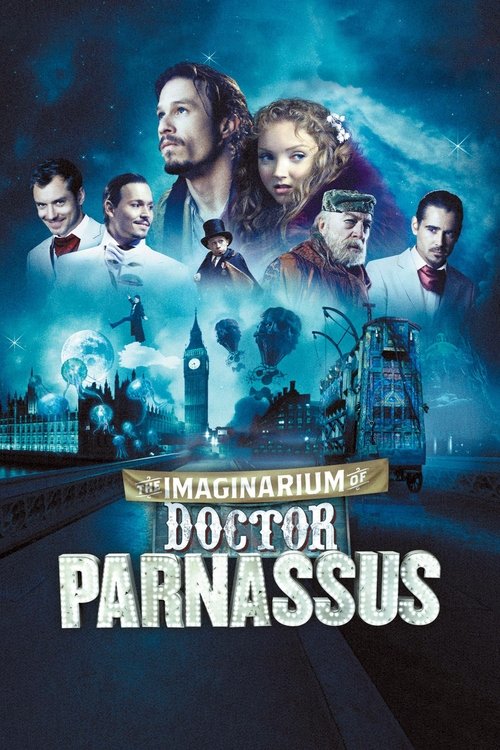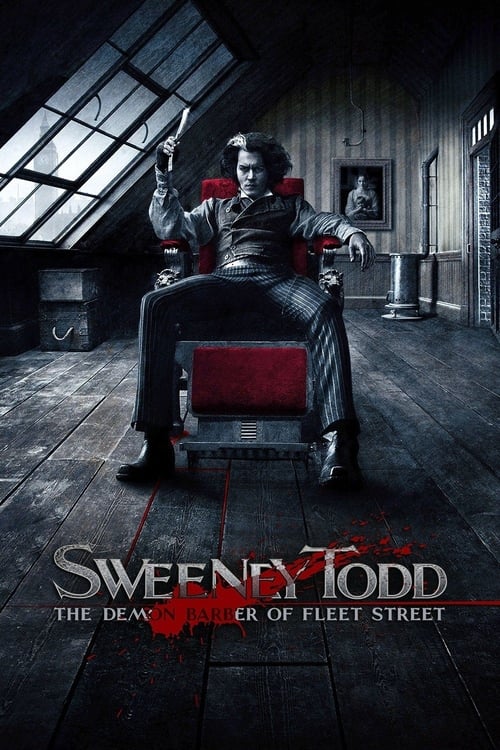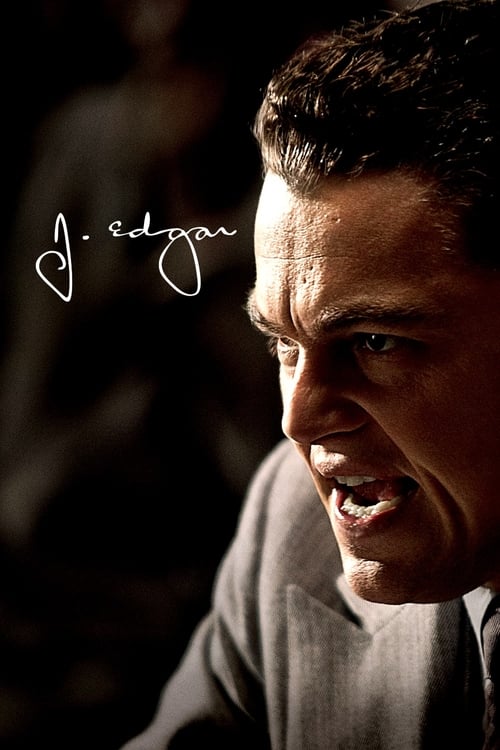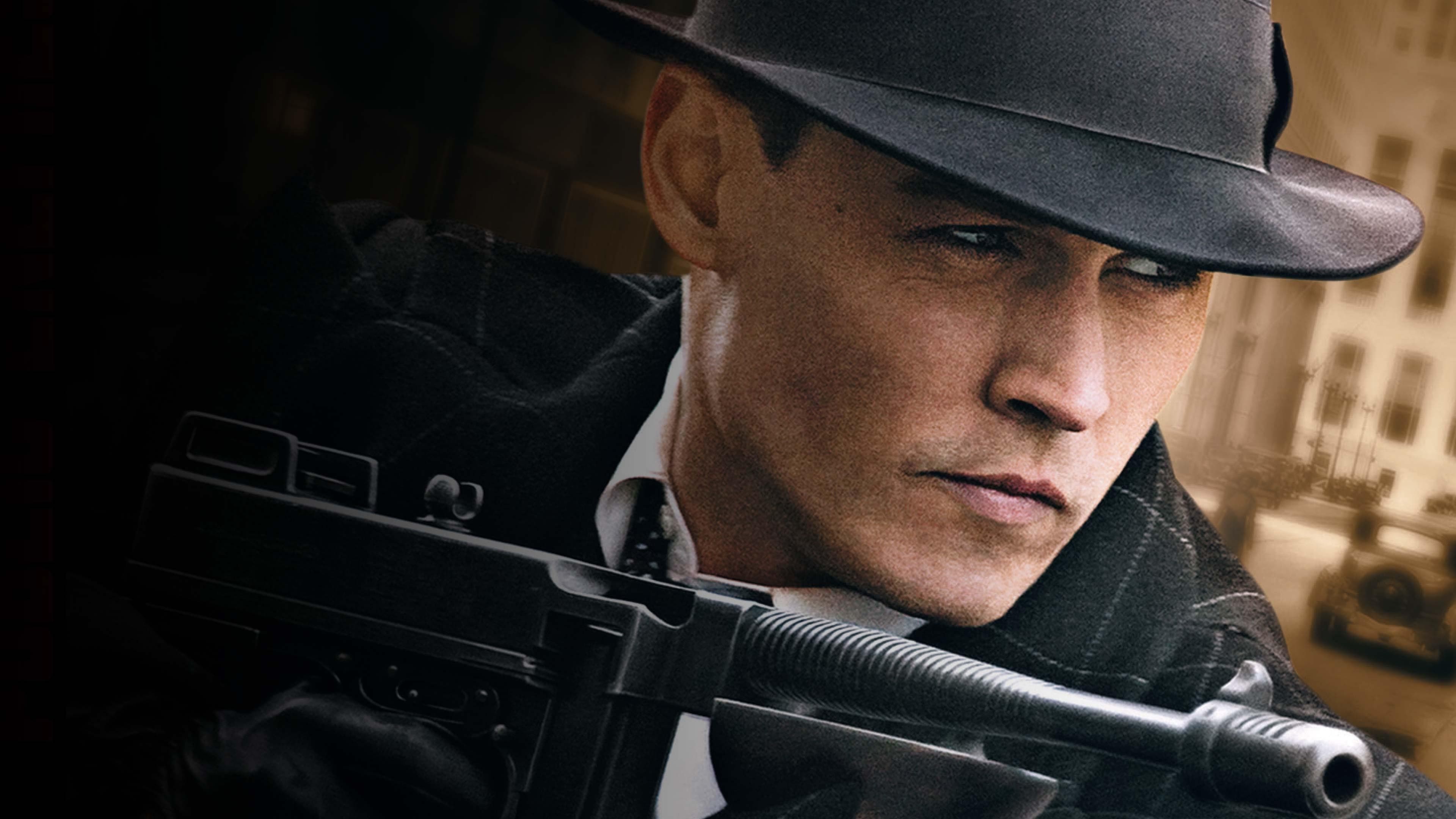
2009
Public Enemies
Crime, History, Drama
7.0
User Score
4749 Votes
Status
Released
Language
en
Budget
$100.000.000
Production
Universal Pictures, Relativity Media, Forward Pass, Misher Films
Overview
Depression-era bank robber John Dillinger's charm and audacity endear him to much of America's downtrodden public, but he's also a thorn in the side of J. Edgar Hoover and the fledgling FBI. Desperate to capture the elusive outlaw, Hoover makes Dillinger his first Public Enemy Number One and assigns his top agent, Melvin Purvis, the task of bringing him in dead or alive.
Review
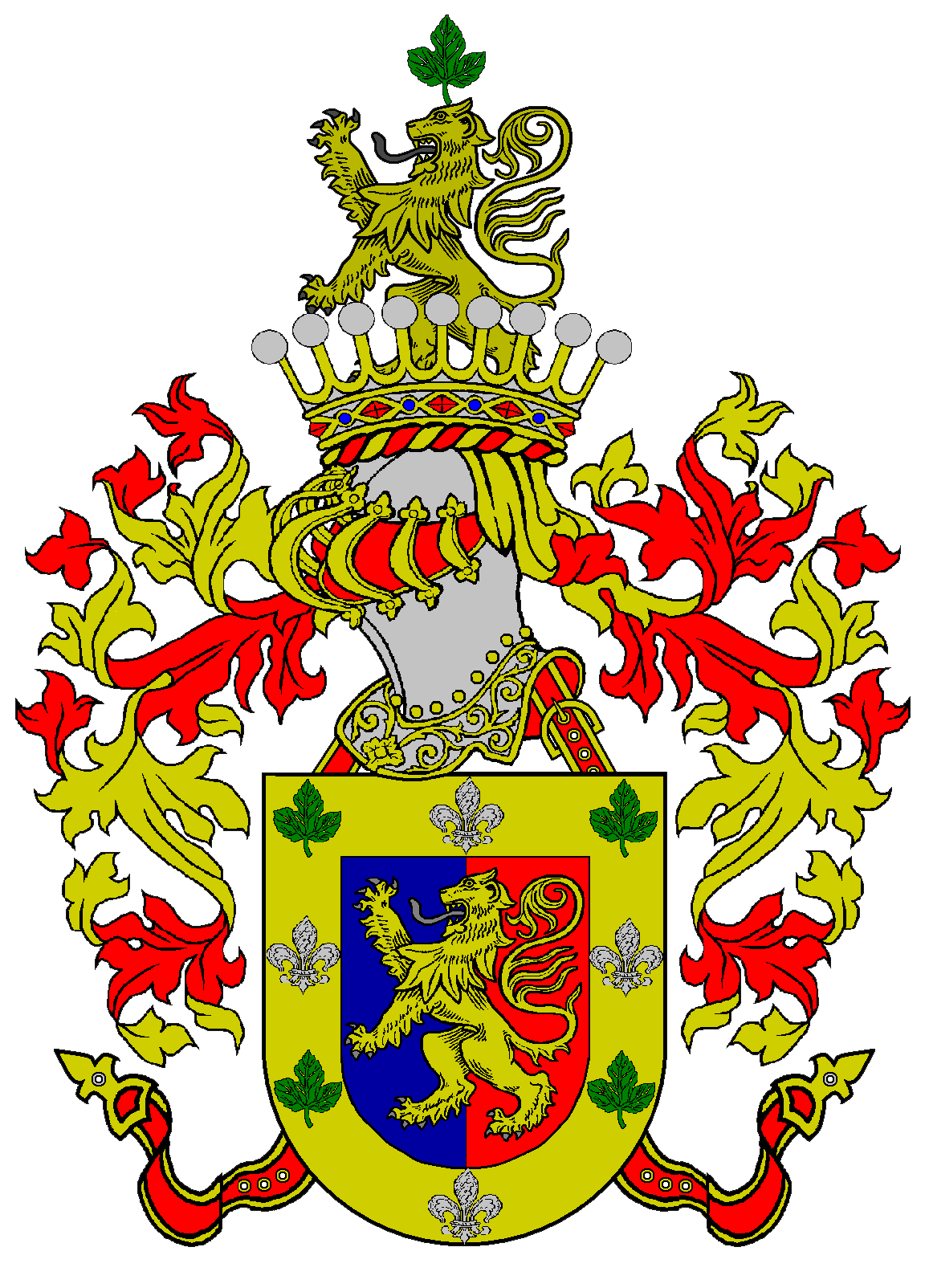
FilipeManuelNeto
9.0
**Dillinger, an iconic bandit in a respectful and well-made film.**
There is no shortage of quality films about Prohibition and the many notable criminals of this era in American history: Al Capone, Bugsy Siegel and others form a kind of “golden age” of organized crime. John Dillinger is among them, occupying a top place on the list of great criminals of this era.
After a rebellious and delinquent youth, Dillinger deserted the Navy and ended up being sentenced to almost twenty years in prison after a grocery store robbery. The sentence was considered excessively heavy and left Dillinger resentful. From then on, he made the Indiana State Penitentiary his school of crime until he was released in 1933. With his freedom, he formed his first gang and began the bank robberies that made him famous. In 1934, he was arrested in Arizona and sent to Crown Point, Indiana, from where he made a spectacular escape, using a fake pistol made from a bar of soap or wood. His escape, the notoriety he had already acquired and the interstate nature of his crimes led to the involvement of the recently founded FBI. Meanwhile, Dillinger formed a second group of criminals which included the equally famous “Baby-Face” Nelson, and resumed his robberies, while trying to elude the authorities. Months later, and after almost being arrested on several occasions, he was betrayed and denounced, and murdered outside a cinema.
The film is quite good. It is faithful enough to the events and to Dillinger's life, but mixes things up a bit, changing the order of events in order to increase dramatic tension (for example, the death of “Pretty Boy” Floyd is shown well before Dillinger's death , but it happened months later, in a corn field). Furthermore, the film exaggerates things. However, these are concessions that I accept because the film, in addition to being a fictional piece, is reasonably respectful of historical facts. I don't accept the poorly explanatory narrative so easily: anyone who doesn't know Dillinger and his life well will have some difficulty following the film. This may help to understand why this film was a failure outside the US, where John Dillinger is little known.
Michael Mann is a very competent director, thorough and respectful of the past. We saw these characteristics in “Last of the Mohicans” and “Collateral”, among other quality films. The director does a very good job in this film, which follows well the adventures of the criminal's life and his tricks to elude the police. The cinematography is magnificent and makes wonderful use of light and color, especially in scenes filmed at night, and the filming locations, props, vehicles, costumes and sets are convincing and quite realistic. The film's biggest flaw, for me, is the dispassionate way it approaches everything. Considering that the protagonist is an outlaw and that nothing he did was acceptable, having managed to like him would have been a bonus. In fact, what stood out to me the most was the extremely thin line that separated the agents of the law and the criminals they pursued: think about it, Dillinger was not detained to be present at a trial, he was executed in a public square and surrounded by hundreds of people who could have been injured if things had gone out of control. Who is hero or villain? The waters are murky, in the film as in life itself.
All I can do is talk about the cast, which is confidently led by Johnny Depp, an actor who has a special talent for complicated and unusual characters, and who gives us a very competent interpretation. Christian Bale, another talented actor for impactful characters, played the federal agent in charge of arresting Dillinger, and he is extraordinary in his effort. Marion Cotillard does what she can in the role of Dillinger's girlfriend, but the truth is that the film did not need any attempt at romance, even though the character was necessary to understand the life of the heartthrob criminal, and that's why she doesn't add much to the product. Final. There are also notable additions to the cast, including Stephen Graham, David Wenham and James Russo.
Read More 